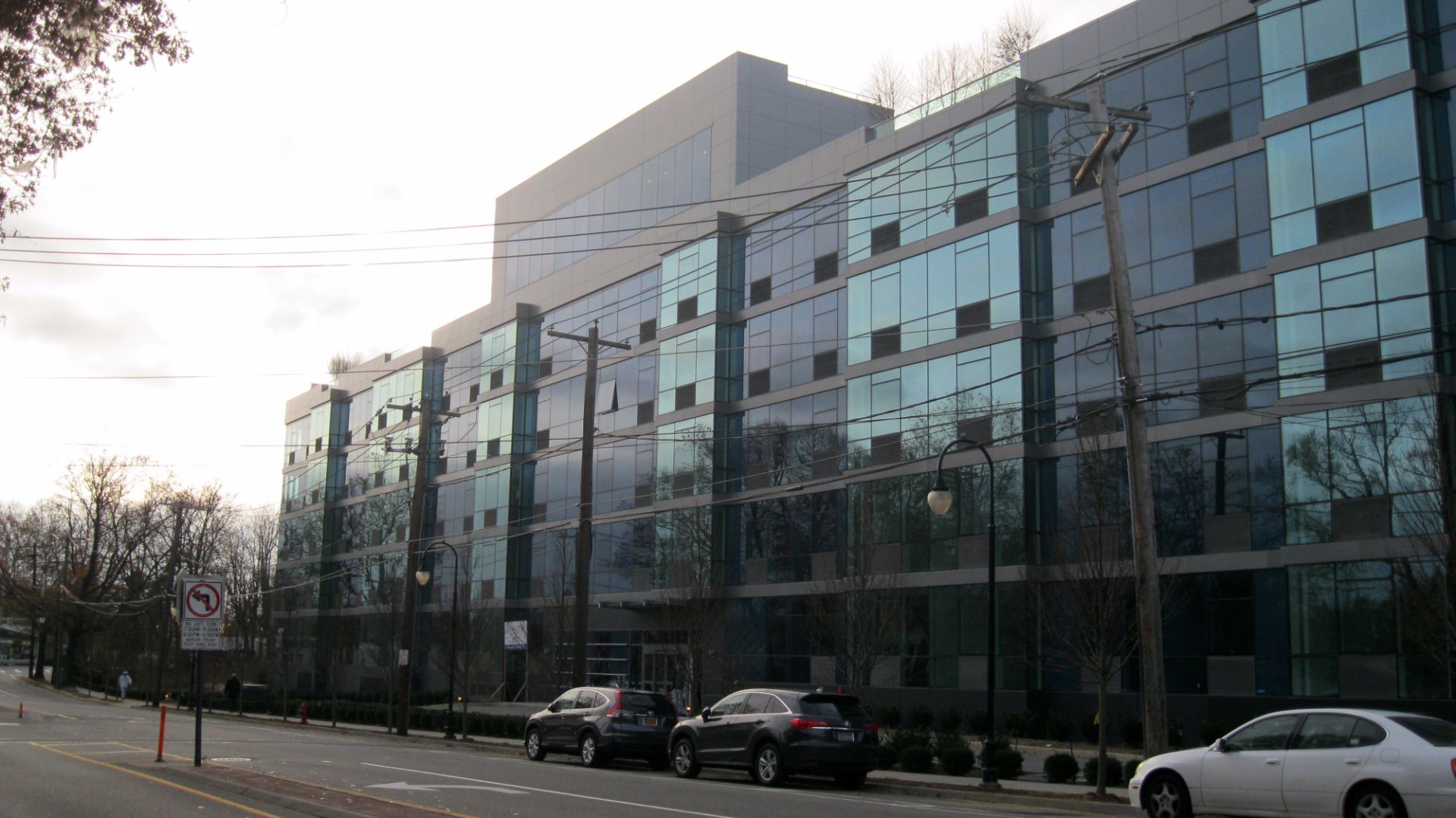The Village of Great Neck Plaza agreed to settle for $200,000 in a federal lawsuit last Thursday that alleged the village violated fair housing laws by denying minorities equal opportunity to affordable housing units at The Maestro, a 94-unit rental apartment complex at 255 Great Neck Road.
Court documents state that the village will pay the settlement for damages and attorney fees, as well as amend the village code’s occupancy requirements for residence in an affordable housing unit.
“The village maintains that it did nothing wrong. The reason to settle was a question of weighing the pros and cons of going different ways,” Village Attorney Richard Gabriele said. “We could have fought this for four to five years and who knows what the financial outcome would be. The outcome of the settlement was to achieve something that the village believed in anyway.”
Gabriele added that the village’s insurance would be paying the settlement fee, with the village only paying a small, undetermined deductible.
In May 2014, Long Island Housing Services and the Fair Housing Justice Center filed a complaint in Central Islip’s Eastern District Court of New York claiming that the village was violating local, state, and federal laws by enforcing discriminatory age and race requirements for affordable housing.
The two fair-housing organizations also filed against the Nassau County Industrial Development Agency.
Litigation with the IDA is still ongoing.
The plaintiffs claimed that current village code favored “long-term residents of the predominantly white surrounding municipalities” and was “discriminating systematically against African Americans” and “perpetuating residential racial segregation,” court documents said.
In 2005, the village enacted an affordable housing ordinance requiring newly constructed or converted residential buildings with at least 20,000 square feet of gross floor area to utilize 7.5 percent of that area for affordable housing units.
Persons eligible for affordable housing units, at the time, were required to be either under the age of 30 or over the age of 65 and had lived in the village for at least 10 years, court documents said.
Current village code, which was amended in 2013 after Village of Great Neck Plaza Mayor Jean Celender said it was difficult to attract applicants who met the village’s eligibility requirement, requires applicants to be either under the age of 40 or over the age of 65 and have lived in the village for at least 10 years.
“The laws weren’t discriminatory in two senses. First, it was not intentionally discriminatory,” Gabriele said. “The theory of the complaint was that because housing on the North Shore of Long Island and on the Great Neck peninsula was racially segregated, then so were various provisions in our law, which set up preferences for older people in the community.”
As well as the settlement fee, the village agreed to amend code to allow a 20 percent density bonus, a zoning tool that permits developers to build more housing units, taller buildings, or more floor space than normally allowed in exchange for provision of a defined public benefit, for developers, to allow developers to screen applicants rather than the village, and to issue building permits for seven new affordable housing units after four years of the effective agreement date.
The village also agreed to issue building permits for 14 new affordable housing units after six years of the effective agreement date.
“Fortunately these discriminatory rules and requirements were not in place for a long time and did not affect multiple places,” Diane Lee Houk of Emery Celli Brinckerhoff & Abady LLP, the plaintiff’s attorney, told Newsday.



